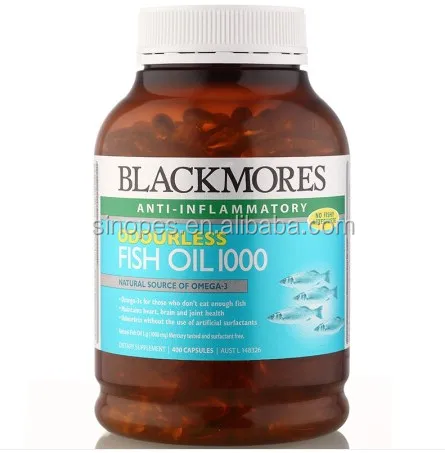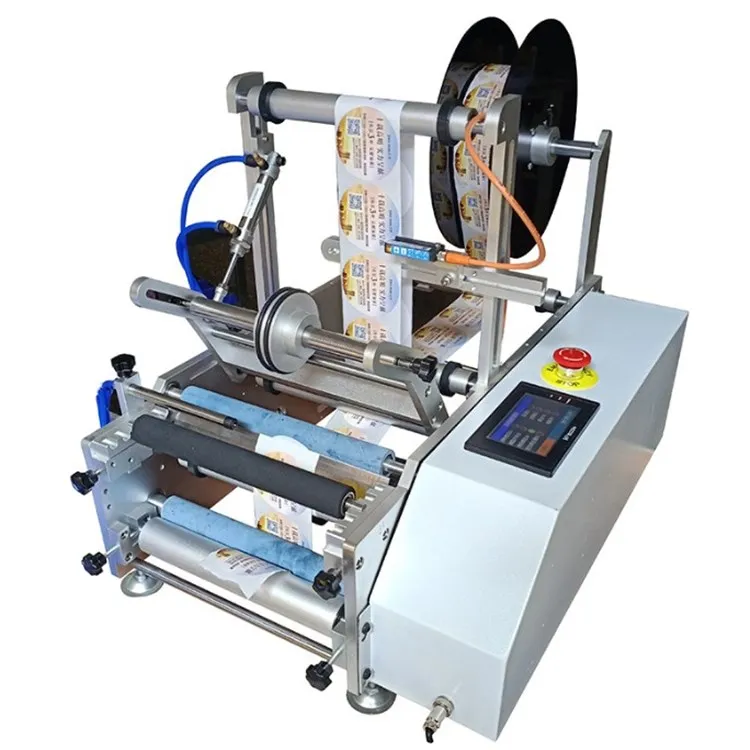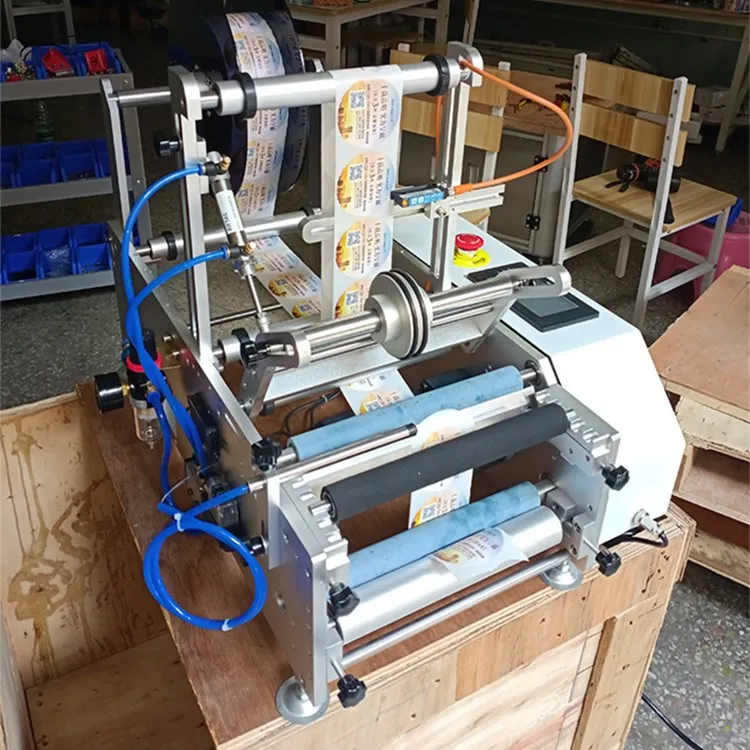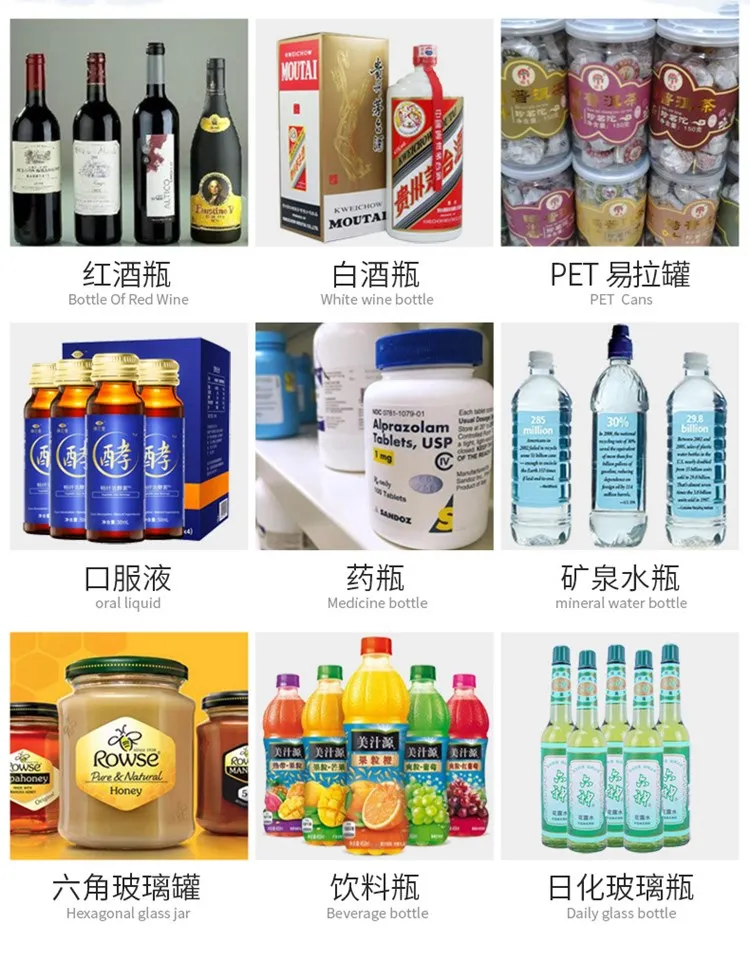PET: The Ultimate Guide for Buyers in 2025
PET (Polyethylene Terephthalate) is one of the most widely used plastics globally, known for its durability, clarity, and recyclability. Whether you're in packaging, textiles, or automotive industries, understanding PET can help you make informed purchasing decisions. This guide covers types, features, applications, and sourcing tips for 2025.
How to Find Reliable PET from China in 2025
China remains a top supplier of PET, but finding trustworthy manufacturers requires due diligence. Look for suppliers with:
- ISO 9001 certification
- Transparent pricing
- Positive customer reviews
- Customization options
Platforms like Alibaba can help vet suppliers, but always request samples before bulk orders.
What Buyers Should Know Before Buying PET from China
Key considerations include:
- MOQ (Minimum Order Quantity): Typically 1–5 tons for pellets.
- Shipping costs: Factor in logistics for accurate pricing.
- Lead times: Usually 15–30 days for production.
Negotiate contracts with clear terms on quality, delivery, and penalties for delays.
Types of PET
Common PET variants include:
- Virgin PET: High clarity, ideal for food packaging.
- Recycled PET (rPET): Eco-friendly, used in textiles.
- Amorphous PET: Flexible, for thermoforming.
- Crystalline PET: Heat-resistant, for engineering applications.
Functions and Features of PET
PET excels in:
- Barrier properties: Blocks moisture and gases.
- Strength-to-weight ratio: Light yet durable.
- Recyclability: Can be reused 7–9 times.
Its melting point (250°C) makes it suitable for hot-fill containers.
Scenarios of PET
Applications span:
- Packaging: Bottles, trays, and films.
- Textiles: Polyester fibers for clothing.
- Automotive: Interior panels and insulation.
In 2023, 60% of global PET demand came from packaging.
How to Choose PET
Match the type to your needs:
- For food safety, opt for FDA-approved virgin PET.
- For sustainability, prioritize rPET with GRS certification.
- For high-temperature use, select crystalline grades.
Always verify technical datasheets.
PET Q & A
Q: Is PET safe for food contact?
A: Yes, virgin PET is FDA-approved and BPA-free.
Q: What’s the price range for PET pellets?
A: $800–$1,200/ton, depending on type and volume.
Q: Can PET be used for 3D printing?
A: Rarely—it’s prone to warping. PLA or ABS are better.
Q: How do I recycle PET waste?
A: Work with certified recyclers to process flakes into rPET.
Q: What’s the shelf life of PET resin?
A: 12–24 months if stored in dry, cool conditions.






































































































